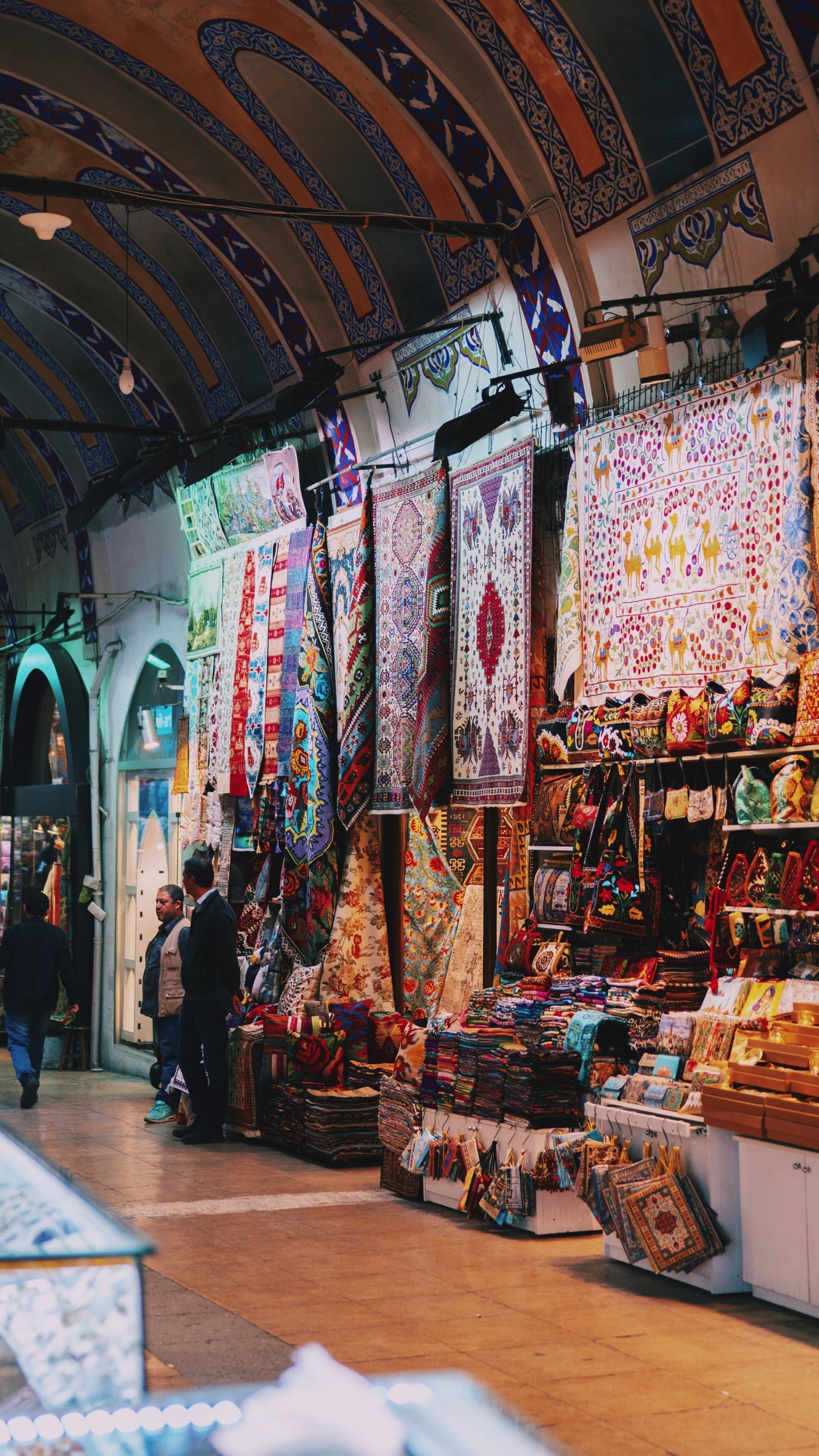With more than 85 million inhabitants and a great tradition of fabric manufacturing for decades, Turkey is an essential producing country.
Being one of the most important centers of the global textile industry, the technical textiles market in Turkey has started to grow in recent years through the development of high value-added products. Turkish textile manufacturers, which started their activities with essential products in the 1970s, today export tons of raw materials or finished products of technical textiles to the whole world.
Source: https://eraiturquie.com/2020/05/15/developpement-du-textile-technique-en-turquie/
Fabric Factories – Mass Production in Turkey
Turkey has the capacity to manufacture almost all kinds of fabrics used in the production of garments. The fabric industry, home textile, upholstery fabric and other technical uses (especially natural cotton fabric) are examples of raw material manufacturing.
The cotton plant provides a significant amount of fabric manufacturing. The cotton fabrics business is divided into two segments. One of them is huge corporations. Vertically integrated fabric manufacturing facilities include fiber processing, spinning and weaving, dyeing, printing and finishing operations. These are factories for the manufacture of finished products such as clothing or home textiles. The other group includes non-integrated businesses, mostly small businesses. These companies are crucial for Turkey’s sub-sector branches.
Fabric production statistics in the textile sector
In the context of textile production, this sector relies mainly on local suppliers for its raw materials. Among the world’s leading cotton producers, Turkey stands out. A total of 880,000 tonnes of cotton was produced in Turkey in 2016/17, placing the country sixth in the world. Around the world, people need more cotton than is produced. Turkey is therefore the fourth largest cotton importer in the world, behind China, Bangladesh and Vietnam. Turkey is capable of producing synthetic textiles based on 100% polyester in addition to cotton textiles. It can also be knitted or crocheted with other fibers, such as cotton, viscose, nylon, polyamide, wool or linen.

Textile factories and production cycle
A textile mill is a manufacturing facility that produces and transforms various types of fibers, such as yarn or fabric, into useful articles. Examples include jeans fabrics, garments, linens, towels and bags. The world was labor intensive when the first textile factories were built. Later, technology transformed some contemporary installations into machine-operated processes. Textile manufacturers buy raw materials and turn them into useful goods in a multi-step process.
A manufacturing cycle currently consists of several steps. To achieve the desired texture, the natural or synthetic fibers are arranged in different ways. The fibers twist to form a thread. Yarn is made into fabric by processes such as weaving and knitting. The fabrics are pretreated to make them ready to receive dyes and other chemicals. Pigments and prints are used in dyeing and printing. Fabric finishing is applied to produce specifications or a desired aesthetic appearance. Antibacterial features, water resistance, and fashion uses can be included in this procedure. Before preparing the fabrics, the sale and the distribution, additional elements like buttons or zippers can be incorporated.